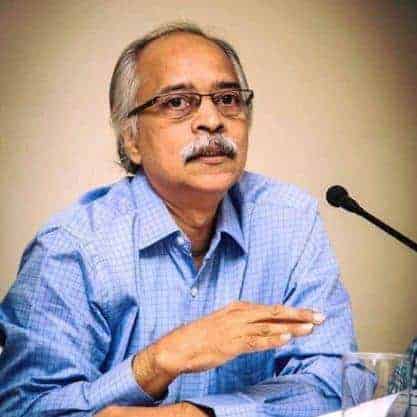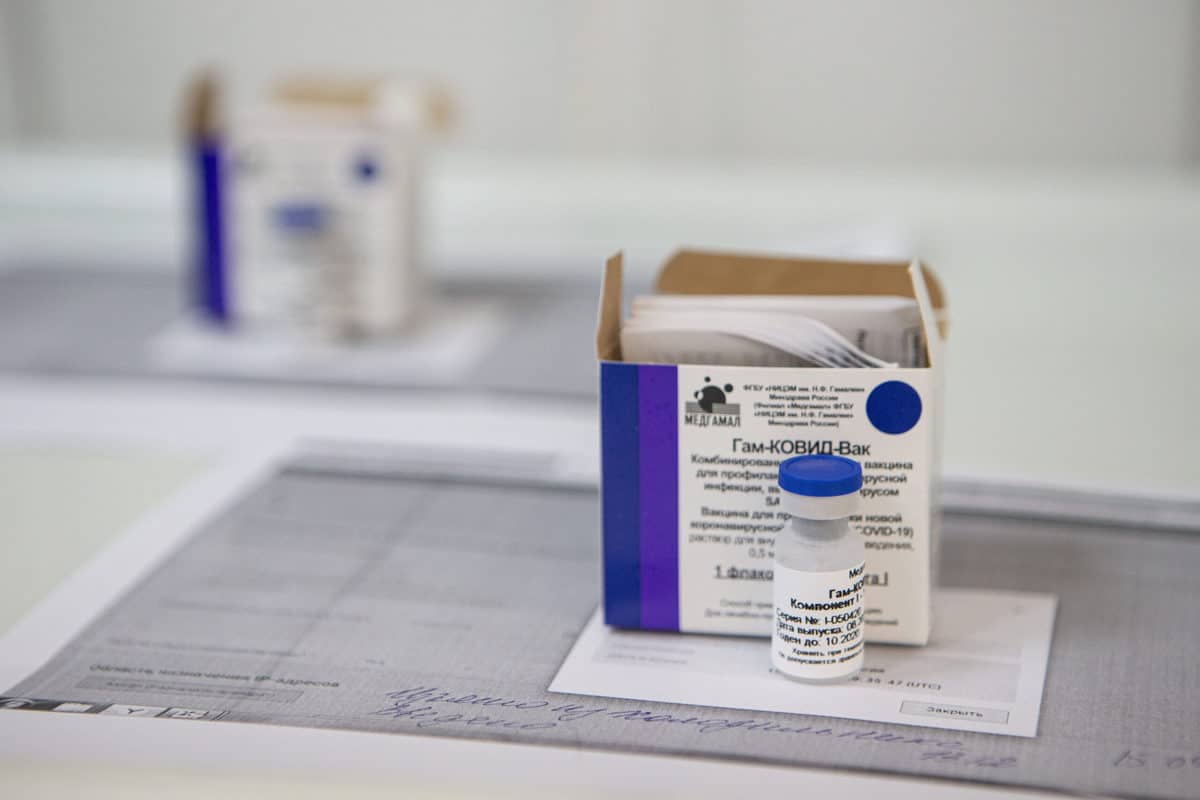
On April 12, India granted emergency use authorisation to Sputnik V, the Vaccine to provide protection from COVID-19, developed by Russia.
Coincidentally, 60 years earlier, on the same day, (April 12, 1961), Yuri Gagarin, a young Russian became the first human to enter outer space, circle the planet Earth and return in the spaceship named Vostok -1.
Two years later in June 1963, Valentina Tereshkova, a 26 year young engineer became the first woman to fly into space in Vostok-6. These developments stunned the world, especially the Americans, who were making strong efforts to foray into Space.
But it was Sputnik-1, the first artificial satellite built by the Russians that sparked off the global Space odyssey in human history. In October, 1957 the beach ball sized object weighing about 84 kgs took off from Baikanour in the erstwhile Soviet Union and did one circle of the Earth in 98 minutes.
Sputnik V and Hyderabad connection
Interestingly, Dr Reddy’s Laboratories, the Hyderabad headquartered, Pharma major took a bold decision to tie up in September 2020 with RIDF, the Russian Sovereign Investment Fund promoting Sputnik V to do trials and later distribute the vaccine.
The company got the vaccines and did trials, submitted data to the Subject Expert Committee (SEC) of the government of India. Last week, the company’s CEO, API and Services, Deepak Sapra stated that the vaccine could get the emergency authorisation nod in a few weeks time.
However, as the daily cases in India started spiking beyond a lakh and reached 1.7 lakhs on Sunday in what the Government terms as ‘Second Wave’, worry and fear started growing. Simultaneously states started reporting shortage of Covishield and Covaxin, the two vaccines being administered under the ongoing, massive vaccination programme, causing further dilemma.
The huge political & election rallies in West Bengal, Tamil Nadu, Kerala, Assam, the Kumbh Mela and the general mood of letting down the guard by people through discarding wearing of masks and not maintaining social distance cumulatively gave a big push for the virus to spread across communities. Top doctors, the NITI Aayog warned of tough weeks and months ahead. The Prime Minister, Narendra Modi announced a ‘Tika Utsav’ (Vaccination Festival) to accelerate Government programme of vaccination across the country.
An impending crisis was looming large in supply terms as the two vaccine makers SII and Bharat Biotech faced funding and capacity challenges respectively. Adar Poonawala, CEO of SII, the biggest vaccine producer in the world with capacity to make two billion doses per year, openly claimed a funding support of Rs 3000 crore to push up production.
Realising the fix the country was heading into the Subject Expert Committee acted swiftly and gave the nod to Sputnik V. Once the Drug Controller General India approves, which remains a matter of days now, the vaccine will be ready for production.
Interestingly, Hyderabad will emerge as the largest producer of Sputnik V in the immediate future. For production three firms have forged partnerships with the RIDF—Hetero Biopharma, Gland Pharma and Virchow Biotech. Between them, at least 500 million doses would be made, according to sources.
Elsewhere in India, Panacea Biotec, Stelis Biopharma and Zydus Cadila too have arrangements to produce the Sputnik V vaccine in Indian in the very near future. Bharat Biotech too has announced that it will increase its production from 5 million doses now to 12 million with a new facility in Bengaluru and tie up with a few other producers.
By early May, perhaps India should have 3 vaccines to fight the Pandemic.
Sputnik V & the vaccine race
In August 2020 as the Pandemic induced by COVID-19 spread across the globe, the Russians unveiled Sputnik V, a potential vaccine to tame the coronavirus. The nation has a strong tradition in vaccines with the Sabin vaccine for Polio still going strong. In a way like Sputnik V gave momentum to a global race to make the best vaccine.
Not many scientists, especially from the West seemed to have been convinced with the announcement by Vladimir Putin, the Russian President. The Russians approved the vaccine without complete trials. It’s a different matter though that the common person across the globe was desperately banking on a vaccine to get out of the Pandemic and survive.
By the end of 2020, there were four vaccines—Pfizer and BioNTech and Moderna Inc., both used the mRNA (messenger ribonucleacacid) platform while Oxford-Astra Zeneca-Serum Institute of India and Sputnik V used the more tested adenovirus based route. In January 2021, India’s Bharat Biotech joined in with an indigenous version named Covaxin.
The Sputnik V, developed by the Gamaleya Institute, Moscow became the first registered one for administration in Russia. It is based on decades of research on adenovirus based vaccines. The Ebola vaccine, Johnson & Johnson’s and Astra Zeneca- Oxford University ones on COVID-19 too are the same types.
The Russian Institute carried out more trials, published results even in the journal Lancet and got approvals in 59 countries by end of March 2021. Meanwhile, the Chinese developed Sinopharm, an inactivated virus based vaccine that is also being administered in China and a few other countries.
Somasekhar Mulugu, former Associate Editor & Chief of Bureau of The Hindu BusinessLine, is a well-known political, business and science writer and analyst based in Hyderabad.

